Sorry for the long delay, now that I’m old and retarded I have less time to write than I’d like. In fact, I had to neglect some important things to maintain my schedule for Layne Archive. It’s honestly really nice knowing that people care enough about my autism text walls to ask when the next one is coming out.
This post will be a “Lighting Round” addressing Christianity and Whiteness, as well as Orthodoxy.
Like I said, these are my personal views. I’m not qualified to speak authoritatively about Orthodoxy except to repeat what the Fathers have said in a very limited capacity. I feel obligated to do so because most of you guys have never met an Orthodox person.
If you have the slightest interest in learning more, please do so IRL with a priest and not on r/orthodoxchristianity or it’s Discord server equivalent.
Q: Why am I (Layne) Orthodox? Why am I a Christian at all?
A: I get this question a lot. I don’t have any Orthodox heritage (you can see my DNA profile on iFunny, 98% hyperborean btw) and I didn’t grow up in an Orthodox environment. I was raised WASP in a traditional WASP setting. I attended a private WASP K-12 school where I was inculcated with traditional WASP beliefs. I’m grateful that I never went to public high school; the one I attended was several cuts above a public school education and much of that included biblical literacy. Like, my high school required us to recite scripture in our “Bible class” to graduate. Good stuff for a young boy that rewarded me with a level of competency that I would compare to a 2nd year seminarian.
But, I felt disconnected from basically everything fulfilling and cool as a de facto Prot. We had mandatory “Chapel services” which involved a rock band wearing skinny jeans and playing modern “Worship music” (think Hillsong United) for 15 minutes before a 45 minute sermon that always ended in an altar call.
Invariably, 50% of my classmates would performatively writhe in front of the Altar and their classmates, teary eyed, and announce that they’d become a new person because of the passionate and reckless pursuit of Jesus Christ. Some of these kids went on to be genuinely terrible people, which only fueled suspicion of Christianity for the other 50%. They’d do their best to look bored or disinterested, but I imagine the whole thing made them feel quite disgusted with organized Christianity. For those of you that remember my “Second tier knowledge” rant (briefly, knowledge one level below the surface that makes people feel enlightened but destroys all nuance and “big picture” thinking a la worshipping Tesla over Edison), this was definitely a case of it: kids felt like they’d pulled back the curtain and found a way to conclusively reduce religion to mere emotional spectacle. Resentment towards the other kids that “fell for it” hit a low boil by about 10th grade. Talks with parents would presumably follow about how the school was out of line or “going too far” in its efforts to push these emotional reactions on impressionable children, and the rift between the two groups grew wider and wider. The ones that didn’t participate in the thrashing before the youth minister mostly went on to become “I don’t need church to talk to my spiritual Daddy” nu-Agers or diet Atheists.
I was somewhere in the middle. I wanted to feel those things, I wanted the “reckless encounter with the Gospel” that my classmates were getting. I was so frustrated, so disheartened, like I’d been passed over for a promotion. I felt really inadequate when these feelings never came. What was I doing wrong? Why wasn’t I crying? I recall several times where I concentrated as hard as I could, attempting to manifest tears or convulsions so that others could see that I was convicted with the reckless, wild love of Jesus Christ.
I was trying to willfully force myself to become holier on the spot by tuning my inner antenna to the right frequency. I thought that if I made myself upset enough, I could grind and contort my soul into the proper position for anointing. I just wasn’t convicted enough yet!
But, it never came. I was never moved to flopping about the pews or rushing to embrace my classmates in a fit of convicted repentance. I began to despair. I questioned my own salvation, I never felt particularly convicted, or “moved”, or anything but boring frustration. God, why aren’t you convicting me?
This, combined with my first dose of sentient rationalism, caused me to spiral into atheism my first couple years of high school.
Note: Some elite OGs may remember I was also a hardcore Rothbardian Libertarian at this time. Yes, for a while, I was the unholy Atheist Libertarian combination lmfao.
Around 2013, I discovered an “atheist wiki” called Iron Chariots, now legendary in internet lore. There, I poured over their depictions of contradicitons in the Bible, philosophical errors for theists, even historical criticism of the Bible as a reliable source. Slowly, I armed myself with a powerful payload of “gotchas”, ready to unleash a salvo at any moment. Bible classes slowly became tense, itchy affairs where I slowly rocked in my chair, stunned that these “teachers” were afraid of science and reason.
Finally, I picked something I could press my advantage on. I remember snarkily asking multiple Bible teachers if God could lift a rock He couldn’t lift, knowing the recipient of the question was nowhere near the proper intellectual weight class to address such a thing. The mental anguish I inflicted on these women (almost always someone’s mom, looking back) satisfied me because these people that were so sure of themselves were stumped by the first reasonable objection I’d come across. It was quite apparent that this roster of mothers, of worship leaders and club leaders and charity initiative chairs, had never taken a moment to ponder anything like this at all in their many decades. I felt quite powerful “exposing them to the truth”.
I wasn’t a total Reddit atheist, and mostly kept my thoughts to myself in a 95% performatively Christian environment (outside my small friend group that put the world up for discussion during lunch breaks), but I felt like I’d just unmasked the Scooby Doo villain of Christianity. It was a house of cards, and I was above it all with my late-boyhood curiosity and first shots of actual sentience. I was like 13 tho, so idk if that counts as being an actual Redditor. I never celebrated Soyence-mas or ate babies, so maybe I was never a true atheist after all.
Ironically, it was iFunny that helped steer me back. Someone, I don’t remember who, recommended me to read St. Thomas Aquinas’ Summa Theologica, a question-and-answer treatise on the tenets of Christianity. Reading the Summa made me feel like I was doing something wrong. After all, Aquinas was a Catholic and my school was pretty violently anti-Catholic. My football coach even asked us to pray outside a statue of Mary at a Catholic school we played against (after losing btw), because we needed to “mission to the non-believers”. Unironically. Moreover, Aquinas phrased his questions in a way that always made the Atheist seem like he had the upper hand. Acknowledging that his interlocutor was also capable of reasoning and wasn’t just a bumbling, retarded agent of Satan was a huge change for me. This narrative wasn’t constructed out of malice like you might expect, it was moreso the result of people who are “simple in their faith” never feeling obligated to enquire about what else is out there. That was fine for some people, but not for me. I wanted to see Christians and Atheists duke it out like a cage match, trading blows in rhetoric and reasoning instead of mere appeals to emotion.
Indeed, the Summa was a rapid departure from the home turf of unquestioning, purely emotional connection to Christianity that I was raised in at school. Where my school produced a sort of Stockholm syndrome where questioning with too much interest just outed you as a non-conformer, Aquinas legitimized my nascent concerns with a level-headed Scholastic (literally) approach that I craved. In other words, I didn’t feel like a heretic for about the rock God couldn’t lift. I felt quite validated, actually.
I devoured the Summa, dense reading for a now 14 year old, but it was something I held onto for dear life. The dialectic format of Aquinas saying “it would appear that [issue] has terminally critiqued Christianity” before anticipating all of my concerns 1000 years in the past was like watching two 18 wheelers carrying thermonuclear warheads barreling towards each other on the road by my house, millimeters from slamming into each other, before Merlin teleported in from the past and stuck his hands out, instantly stopping both. On repeat. Basically every passage of the Summa made me this emotionally invested. I’d get home from Fart School where I learned little and undergo 5-6 intellectual car accidents before passing out, exhausted. I’d never felt that way before reading garbage like Francis Chan’s Living Crazy Love.
Reading the Summa made me realize I was simply not getting the full scoop on Christianity from Prot world. Despite all their degrees and honorifics (we had a “Reverend” teach almost every class that wasn’t occupied by someone’s mom), these people were incapable of expressing even substantive Prot theology. I privately asked a couple of my favorite teachers, all men btw, basic questions like “Why don’t we venerate Mary?” and “Why do we ignore the first 1500 years of church history?” I respect the guys I asked these questions to. I think they’re extremely spiritually wise. But, they were inaccessible to the academic (scholastic!) discussion I wanted. They wanted to tell me stories, or ask how I felt, or show me Christ’s contorted body on the Cross, or otherwise circle back to emotions when I wanted to discuss the facts. Gradually, I could tell I was under surveillance by the faculty. In a fit of late-boyhood rebelliousness, I upped the ante. I started referring to Biblical figures as Saints in classroom discussions and on essays. Oooh, how devilish! Even now, I look back with a >:) grin at the way I pushed these nice middle aged ladies and boomer men teaching my bible courses to the brink. Their emotional approach to the subject cut both ways, now inducing actual rage because I was interjecting new ideas onto their head canon.
Not many of you should become teachers, my brothers and sisters, for you know that we who teach will be judged with greater strictness.
James 3.1-2
I started getting points off on assignments for saying Saint Paul or Saint John, but refused to buckle. I started asking provocatively anti-Prot questions in class. For example, we learned that the first Pope emerged in the 300s (?). I recited the basic thing about Peter being given the Keys, which caused a massive Psychic Damage debuff to the entire high school faculty. Looking back, there’s no way they’d heard that before. My Bible teacher was just reciting something she’d seen on a DVD (this was the 2010s, after all) or read in a pamphlet— which was in turn probably parroted by somebody else. They stopped calling on me, visibly distressed that they were denying some kid from asking questions about Christianity in a literal Bible class. Other kids, other troublemakers I should say, started asking on behalf of me to pester the teachers. I was starting to get a reputation as a pot stirrer, and not in a good way. Looking back, I wasn’t some punished scholar. I was acting like a jackass to a bunch of retirees that were content to be normies. I had my fair share of smug “erm.. you don’t know who St. Clement of Alexandria is??” moments that were not in good faith. But, I was also a 13ish year old boy who felt like I had to land the plane all on my own. I was arrogant, but in a way I was also scared.
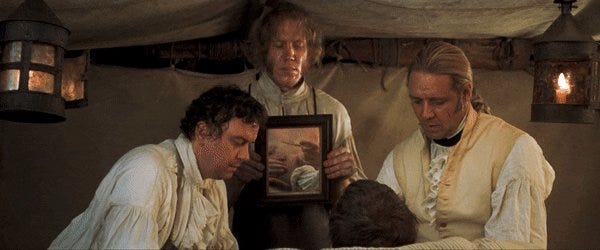
Eventually, I was pulled out of Bible class and placed in the Principle’s office. Not in a disciplinary way, I’d hardly done anything but care too much about Biblical matters in a school that typically inspired apathy. It was more like my teachers giving me up to OG to be straightened out after causing too much trouble on the blocc. They were “concerned for my spiritual development” because I was slowly devolving into outright rebellion against the system, a little counterreformer that came to school armed with Medieval scholastic theology instead of skinny jeans, iPads, and beanies. My memory might be a little tainted from the adrenaline and youth, but I remember pretty clearly defeating the Reverend in his office, soloing him like a Dark Souls boss battle for the better part of 2 hours using recitations from the Summa and the Biblical knowledge his own school taught me.
Like most Prots, he had a comprehensive understanding of scripture. He bragged to the student body (Lol) about waking up at 4:30 every day to read the Bible for 2 hours. And, I believe it. He was a walking encyclopedia of Biblical knowledge, far above anyone that will ever read this or the person writing it. But, he couldn’t connect it to anything. No history, no anthropology, no sociology, no philosophy, no economics, no theology aside from some milquetoast, lightweight and fluffy generally Baptist conventions. And some ridiculous ideas like Young Earth Creationism. He couldn’t overcome my insistence that the pure rationality of the Summa was superior to the circular reasoning of using the Bible to prove the Bible.
This conversation started off as a good natured talking-to. He was basically trying to lil bro me, a fatherly straightening out of some goofy errors I’d chanced upon like being exposed to the flu. In his boomie mind, it was like getting kids to stop watching Halloween in the 1980s: annoying and troubling, but mostly harmless at this stage. A good pamphlet would fix it!
When I not only refused to back down but quoted Catholic sources back at him, he began to get hot under the collar and sweaty. I knew I had him beat when he started sperging about idol worship, completely off topic from our prior discussion (argument) about Sainthood. He was clearly mentally fatigued. He sent me back to gather my stuff, it was now time for dismissal, before giving me an icy, thinly veiled threat about the graduation requirements of “applying the biblical truths learned here in real life” and a really awkward laying-on-of-hands conciliar prayer with his sweaty palms on my forehead. Maybe I didn’t win, but I remembered showering after football practice that evening and replaying the conversation in my head. I relished every rhetorical blow I landed, and went to bed feeling awfully smug about slaying the proverbial dragon of the Reverend/Principal in his own office. I didn’t wish I’d said or brought up anything else, which is a big win for a 14 year old.
So, you might see this as my TradCath origin story. After all, I’d vanquished the Prot dragon in his lair using the Good Doctor Thomas Aquinas. But, we’re not there yet.
Right now, its late 2015 and I’m a vindictive mess of atheism and libertarianism that is only really sure that he doesn’t want to be Protestant. Even after glossing over some of the major thinkers of Protestantism (Calvin, Knox, Wesley, Luther, Zwingli, Wycliffe) I knew I was never going back. Instinctively, perhaps in anticipation of my later Orthodoxy, I knew that concepts like Sola Fide, personal revelations, no accountability, and a “figurative” Eucharist were retarded.
That’s not to say all Protestants are retards, or that you’re retarded for being Protestant. As you’ll see, there was a merry band of Protestants that later affirmed my Christianity. In fact, there are surely academic Prots that know Orthodoxy better than me— I’ve met some of them, a rather humbling experience! However, they were few and far between in my formative years. Also, those are going extinct as Protestantism begins its slow descent-into-freefall collapse over the course of my probable natural lifespan (2000-2100). Things like “non-Denominational churches” are the canary in the coal mine as Prots unceremoniously get “melting pot”ted into youth pastor and potluck oblivion.
So, again, at this point I knew I didn’t want to be secular. I decided to give some of the major world religions another fair shot, “neutrally” investigating as a now 17 year old knocking on the door of manhood. I galloped through some of the world’s major religions, trying my best but ultimately only acquiring Wikipedia tier knowledge of Hinduism, Buddhism, Shinto, etc.
I even leaned into the some of the “OG” iPagans’ (JimLeCaveman, Wlad (Lmfao), Regi) recommendations and read some foundational neopagan works: Serrano and Devi come to mind as contemporary writers. I also read some of the classics: the (prose) Eddas, some Sagas, the Havamal, that sort of thing. I was interested, but it felt like I was reading LOTR or some sort of exotic fantasy book than something I could sink my teeth into. There wasn’t a ton of substance, honestly. I really love bits and pieces of it, and some of it jives with Orthodoxy, believe it or not. For example, we have a lot things you might call sacred groves and bodies of water. The Church calendar is modeled on the celestial bodies and lunar cycle, it all points back to a deep connection with nature.
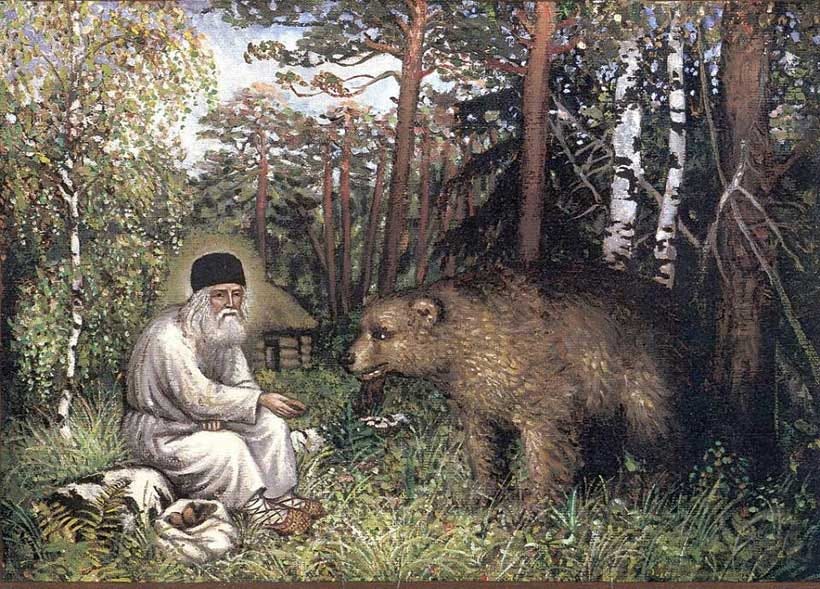
Either way, I ignited a smoldering interest in paganism but knew I’d never be throwing Romans or making an altar to Wotan in my house or something. I still watch STJ tho and am mostly indifferent to the Pagans that don’t fall for the “dead Jew on a stick mind virus" IQ filtering. If I weren’t a Christian, I’d probably be a pagan.
Anyway, it’s pretty clear that all of these world religions sort of bounced off of me. Clearly, I was back on the path to Abrahamism—at least. There just wasn’t enough meat on the bone for me anywhere else.
Accepting this, I started by attempting to establish some facts: Was there a God? If so, how could I know it was the Christian God?
As if by Providence, I chanced upon some resources that fundamentally reordered the way I perceived Christianity. The first was Dr. William Lane Craig, a Protestant. He is a brilliant defender of Christianity that I hope you guys are all familiar with. I spent countless hours on the singular family computer (and later my brother’s shitty Android tablet) watching him debate on YouTube. Like, pulling up at 8pm on a school night to watch a 2hr exchange between him and academic atheists, hanging on his every word. Quickly, I phased out my theological research from the Summa to typing a question in on Youtube and adding his name after. I also ordered basically all of his apologetics books.
WLC has some legendary debate clips. He’s smart, funny, clever, a premiere rhetorician, and a Master Debater (BRAAAP). Watch him shred Dr. Peter Atkins’ retarded Reddit tier argument that “science can explain everything”:
You can see why 15-16 year old me liked this guy. He’s quite well spoken with a hint of “middle finger” when he talks, and was able to put that retard Atkins into an intellectual woodchipper feet first so the last thing he’d ever see was WLC’s glorious beard. I needed to see Christian intellectuals demonstrate their superiority before even giving them a chance.
Note: We had to watch a chemistry documentary once that featured a jump scare appearance by Atkins. I showed my teacher that exact clip from that exact video and she turned the documentary off and we had to do packets for the rest of class lmfao.
Moreover, WLC was able to deal with things that my inclination to rationality found very important. His examples came from “hard science”, not how some story about God made us feel. In fact, he kind of took it too far. You can watch him lay out a very complex statistical analysis that announces a “probability” of the Resurrection happening as a form of teleological argument, for example.
I’ll skip the rest, but you guys should investigate his Kalam Cosmological Argument and argument for the historicity of the Resurrection. WLC is a master of defending the Resurrection. Literally. He completed his PhD in Germany (in German) about the science and authenticity of the Resurrection. I didn’t think modern Christians were allowed to be academics before learning about him. Little did I know the very idea of an academic is a singularly Christian invention.
The other resource that really changed my view on things was a collection of books, but ultimately Lee Strobel’s The Case for Christ. Here, he neutrally investigates the Resurrection like a crime scene. I actually happened upon a few inconsistencies in the New Testament myself as high schooler. Seeing that the Gospels give a different account of the first Apostle to see Christ’s tomb, for example, was a huge rush. It was like being in National Treasure. I was temporarily back to being a Reddit-adjacent atheist. Specifically, I was back to being an Iron Chariots atheist.
Strobel deals with all of these objections and makes the belief that Jesus literally rose from the literal dead quite a rational conclusion. I needed this fertile soil to plant roots on, especially since I was coming-of-age in an era of Nu-Atheists like Hitchens and (prepares toilet for swirly) Dawkins that had framed the conversation as one side dealing harsh truths to the other about their fanciful sky wizard.
So, ok, I was a Christian again. I told God that I “rationally” believed in Him again, and (with more than a little smugness) did some finger wagging about how He’d better be glad that His evidence won out over my investigations into all the religions I could think of (like, 10). Honestly, I should’ve been struck by lightning for that. People on iFunny were also a big help in shooting down objections I had that were either too specific for Google or too personally relative.
Now onto the next question. What kind of Christian am I?
Ok, now is it my TradCath origin story?
Not really. It starts with another gay “neutral investigation” into the various denominations and sects of Christianity. My family was historically Methodist, so I gave them my home court advantage. I read several works by John Wesley, somewhat enthused but entirely unconvinced. I remember triumphantly announcing to my parents that I was no longer a Methodist. Looking up from dinner, my mom boredly asked what I was now. Deflated, I couldn’t give an answer. I shrank back into my chair and meekly pooped on my dad’s head.
I chewed through several of the main Protestant denominations in this way. I had a brief stint where I thought Luther was actually zased for standing up to the Catholics (this at the time my Lolbert status reached its zenith). I read about the Anglicans, the Seventh Day Adventists, all of the 489 versions of Baptists, the Episcopalians, the Presbyterians, whatever I could get my hands on. None of it was very convincing. I liked bits and pieces from each, but it all felt very disjointed. It felt like everyone was saying the same thing over and over in different ways.
Then I had a brief foray into the weird, culty parts of Christianity: Gnostics, Paulinicans, Jehovah’s Witnesses, Mormoms, Apostolics, Marionites, Adamites, Hussites.
Ultimately, I boiled it down to Catholicism. I didn’t like some of what they believed, but I couldn’t find any alternatives that I didn’t flat out disagree with on a dealbreaker. I think 95% of people with an IQ >100 who go on this sort of Vision Quest will realize that Protestantism is not viable. There’s parts of each denomination that is beautiful, or poignant, but the entire assembly of it just reeked. Some prots reading this might be like NOOO!!! YOU HAVE TO BE 1878 MISSOURI SYNOD HIGH REFORMED WESTERN CONVENTION ASSEMBLY OF GOD OR YOU’RE GOING TO HELLLL!!! But, that only furthers my point. Did God really wait to reveal the fullness of His truth until 1878? Why?
Very quickly, my reasoning took this shape. Why would God wait? Were the Disciples deceived? What did the people who actually lived with, slept next to, and ate with Jesus believe?
All of these tiny little Prot denominations with their myriad iterations of the same Wesleyan catechism gently melted away.
I was left with the Catholics as last man standing, and decided to read about Church history to see if they were the original Church. This was in 2017, when the tsunami of tradcaths on iFunny was reaching it’s crescendo. Was I… one of them?
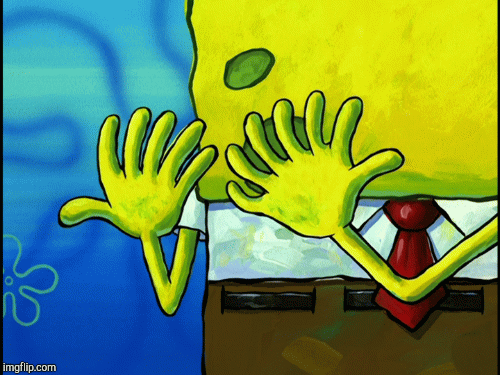
My quest to uncover the truth of Catholicism began.
Hmm.. yes. All very good. The Early Church clearly venerated Mary, adored Saints, prayed for the dead, blah blah blah.. Indeed.
*tents hands*
In 1054 the Catholic Church split from the… Eastern Orthodox Church? What? Why? What is that?
And that’s where it began.
I was a halfhearted Catholic doing my due diligence when I stumbled upon Orthodoxy for the first time. I had no idea what it was, I assumed it was some weird heresy cult offshoot like Arianism. Digging a little more, I realized it was still around today. Vague imagery from the movies of Russian Christians dimly lit the bulb in my head that this was what the Slavic people believed. Huh. I guess I remembered seeing them in my runs of EU4 (I only played England and France for years because I liked stomping natives and blobbing) An interesting footnote, I suppose.
But, what did (do) they actually think?
So began a frenzied reading rabbit hole through Church history and Tradition. It was as if every objection I’d ever had about the Protestants was affirmed by the Orthodox, while simultaneously offering a different perspective on everything I didn’t like about the Catholics. For many Americans, I imagine viewing the Orthodox Church as a “middle ground” theologically between Prots and Catholics is very helpful.
Like, here’s a few mostly silly examples.
Q: Is confession good?
Catholics: Yes, because as inheritors of the commission of St. Peter, priests may directly dispense forgiveness of sins sins because they are entitled to loose and bind on earth. They may also prescribe a specific regimen to perform to demonstrate true repentance.
Orthodox: Yes, Priests are confessors because they are your spiritual father that provides guidance, accountability, and insight into your specific spiritual struggles. They may offer assurance that God has forgiven you, but they do not forgive sins. Only God can forgive sins.
Protestants: [Sound of diarrhea splattering against the inside of a porcelain toilet bowl]
Q: Is Mary worthy of veneration?
Catholics: We get as close as possible to worshipping Mary as possible. Our flagship prayer, the rosary, is entirely about Mary. In fact, the Rosary retells the entire Gospel narrative from Mary’s perspective. Also, starting in 1854 she’s sinless now or something? Btw our Mexicans have made her a demigod.
Orthodox: Mary is the Theotokos (“Mother of God”) worthy of adoration and praise. Mary is above all of the Saints, but infinitely beneath the Trinity. We see this in icons of Mary in which she is never depicted without the baby Christ. Mary was a model woman, but we don’t pretend to know if she was sinless or not, or write fanfic about her never dying. It’s not what the Ancient Church believed.
Protestants: [Sound of diarrhea spilling out of a diaper onto linoleum floors]
Q: Should we cross ourselves?
Catholics: [Basically the same as Orthodox without some of the finer theological detail]
Orthodox: The crossing of oneself is a deliberate and serious process in which the first two fingers +thumb are extended to portray the Trinity. The remaining two are curled like in a fist to demonstrate the dual nature of Christ. The crossing begins with the touching of the forehead to symbolize free and rational knowledge, down to the navel to symbolize the mystery of life, procreation, and the incarnate Christ, and across one’s body from right to left to symbolize the crossing of death into life because the Trinity ends at one’s heart. We cross ourselves at the invocation of the Trinity, before meals, before life events, when we are troubled, or any other time we want to feel the presence of God.
Protestants: [SexyyRed’s Poundtown]
You get the idea.
I will spare you guys some of the details of my investigation into the early Church (33-300ish AD). Suffice it to say, it is plain to me that the Orthodox Church (OC) is and was the original church, for better or worse.
One easy example: read the Didache and decide for yourself who is adhering to the wisdom handed down from the first century Christians:
https://en.wikipedia.org/wiki/Didache#:~:text=The%20Didache%20is%20considered%20the,texts%20originated%20in%20similar%20communities.
Here’s a book where a small Protestant church asks the same question (“What did the people who knew Jesus believe?”) and also ended up becoming Orthodox:
https://www.amazon.com/Becoming-Orthodox-Journey-Ancient-Christian/dp/0943497671
Moreover, it is actually historically accurate to lay claim to Western Christians as proper capital O Orthodox Christians until about the year 1000. This sounds like some sort of image board pasta, but it’s not. It’s actually true, and the emerging historical consensus. Here’s a book (written by an OC Priest, for whatever that’s worth) that does a great job of depicting the “Orthodox England” that existed until the Norman invasion:
https://www.lulu.com/es/shop/vladimir-moss/the-fall-of-orthodox-england/paperback/product-m22wgjz.html?page=1&pageSize=4
Crazy, huh?
Clearly, there was more for me to learn. By this point, I’d acquired quite a bit of “head knowledge” about the Church. But, I’d never been to one. After a cursory Google search, I basically just showed up at a Greek one closest to my house (still an hour away lmao).
It was a mostly weird, slightly miserable experience.
The first moments were truly life changing, in a good way. I showed up, in an untailored suite befitting a 16 year old, after reading the website for some cursory knowledge of what to expect. I was attending something called a “Divine Liturgy”, which seemed like the flagship service of the Church. I walked up to through the massive front doors with absolutely no idea who or what was on the other side, but I distinctly remember the feeling that things were about to change. Gingerly, I pulled the solid iron handles and was immediately pummeled by sensory overload. I had stumbled into the “Narthex” of a beautiful Greek Orthodox Church:
Forget feeling like being in another country, this was like being on another planet! Orienting myself was pointless: I saw women in headscarves bowing before strange paintings, I heard dull chanting from a room I couldn’t see, I even saw some guy dressed as a Level 80 wizard walk by, and people kissed his hand as he passed. WTF. Who does bro think he is??
I felt really out of place. Some things were familiar, they passed around a bulletin before the service and I saw what I presumed to be offering plates (somehow I knew those would be a constant), but I felt like an idiot intruding on something big and important. Meekly, I slithered into the main chapel, where I was jumpscared by a few things. For one, there was a giant picture of Jesus’ searing gaze soldered into my retinas:
There was also some wall of pictures in the front of the church:
And lots of Greek people. Again, Most of the women were wearing headscarves not unlike Muslims and their “walking trashbag” outfits for their women.
One thing I didn’t see were hymnals, pews, aisles, or anything else common to Prot world. It was like a giant, blank concert venue. The walls, intricate as they were, offered a sort of austere beauty. There were lots of people that I was beginning to recognize: Moses with the burning bush, Daniel with the Lions, John the Baptist with his rugged desert leotard. But, they looked very stern. None of them were smiling, and some looked like they were throwing up gang signs. The whole think struck me as aesthetically pleasing, but in an alien, harsh sort of way— like the surface of Mars. I was stunlocked at this point. If someone came out from behind the pictures wall juggling flaming chainsaws on a tricycle, I would’ve accepted it as just another occurrence that happens here.
The service began, and I was completely lost. My decade of Protestant school prepared me for exactly nothing. I didn’t really understand much (I half expected to do the Dance Dance Arena kneel-stand-kneel-prostrate rote move combo like the Catholics), especially given the service was half in Greek. It was beautiful, but it sort of sounded like somebody rapping with no instruments. I felt very isolated, and sort of uncomfortable. The service also just never ended. Something that looked like communion emerged after over an hour and a half of watching the priest march around and people making the sign of the cross at the end of seemingly every sentence. At this point, I was mentally exhausted and ready to leave. Someone crammed bread into my hand, which I didn’t eat because I didn’t think I could take communion, and soon the service was over. Before I could creep back to the safety of my car, someone was herding me into the assembly line of parishioners to meet the Priest.
He figured I was new, and whisked me away to his office in a setting not unlike my meeting with the revered. My experience with priests at this point was a collection of Youtube videos and iFunny anecdotes. I was expecting a sort of Gandalf character: old, bearded, and with a touch of wise whit. The priest I met was certainly old and bearded, but he was also a bit stern. After a brief introduction, where he hardly acknowledged what I was saying, I asked him some preliminary questions about the Church. His answers could largely be reduced to “sit in silence and pray”, which was different but frustratingly similar to the “Just hit your knees and pray” responses of my Protestant teachers. After something like a few mild rebukes over minutiae, I stood up and thanked him for his time. He told me he loved me like a son, which I found really strange after a somewhat unpleasant experience.
Looking back, this was a priest close to retirement that was facing burnout like any other person. There’s still something to be said about “old salty priests” and the straightforward way they’re able to communicate with people. I’m sure he had a long career of helping people, but it wasn’t really what I personally needed.
Fastfoward through college, where I was a lower-case o orthodox Christian that hardly practiced and only attended a few Fellowship of Orthodox Students club meetings. This period was basically dormant. Not because I was out living the life of the prodigal son, more because I was a little apathetic.
Right after Covid, I took a job in a different city where I decided to try one more Church. I picked out the one closest to me, an “Orthodox Church of America” outpost that was very clearly a commandeered Baptist church in a former life. It was tiny, but packed.
This time, I tried a “Vespers” service, a shorter one on Wednesday nights that I felt would have a smaller crowd.
I walked in, and was assaulted again by the beauty of the Narthex. Only, this one wasn’t an explosion of colors and marble. It was tiny, containing only a small bookshelf, an icon of Christ, and a non-wizard old guy that promptly shook my hand.
I again slithered into the back of the Chapel area, feeling a little better about my experience so far. The walls were covered in icons, painted a blue similar to the walls in the above picture, but also with little constellations adorning them in a low-key, beautiful way. It was just a smaller, more intimate setup. Less people, no visible wizards on patrol, just some candles and icons. Still no pews tho.
Then the service started, and I was hooked. It was lead by a choir this time, singing in English, about things I could understand and even relate to. The 45 minute service felt like 5 minutes of ethereal floating.
The candles, the beautiful choir, the icons at night, the flowers, it all created a gorgeous, otherworldly atmosphere. Instead of the crackling, laconic surface of Mars, I was on the still, contemplative, sublimely and understatedly haunting surface of the Moon. I liked this one much better.
The same process at the end of the service as last time, sans the bread. I was pulled into another office, this time feeling much more “lived in” by a Priest about 30 years younger than the first.
This felt like talking to Gandalf. The “office” was tiny, barely enough room for our two chairs and the bookshelf next to me. Speaking of, there were stacks of books everywhere. I scoured the titles; mostly Orthodox but with a pretty wide variety. A small candle lit a plain, rustic desk that housed a Falcons bobblehead and pot of coffee quietly bubbling. This priest listened to my story with intense focus, offering a small smile on occasion to let me know that I wasn’t in the principal’s office. He took my questions, the same questions you have, probably, and answered them with polite cheerfulness.
At the end, he gave me some startling advice that actually changed my life.
“No more books. Stop reading books.”
This was legitimately troubling to me. Books were what got me to this Church. Muh neutral investigations!
He continued after seeing the consternation on my face:
“Nobody ever lived the Christian life by sitting around and reading books. Christians are called to act, to love, not to read. You have these heady questions, and they will still be there when you’re ready. But right now, you need to learn how to pray and how to love others. Knowing the truth isn’t about reading the right book, the Truth is a person.”
He was right. I was so caught up in minutia that I had missed the entire point of being a (potential) Orthodox Christian: loving those around you. Some might take this as an anti-intellectual voluntary lobotomy. But, it’s not like that. Instead, it was an acknowledgement of the limit of human reason that I needed to confront. I couldn’t “think” my way into Heaven, or a productive Christian life. There was no “debating” into ascendant enlightenment. Looking back, he was doing me a big favor. Even Christ, in the Gospels, chafes at the opportunity to debate Pilate and the Sanhedrin.
So, that’s where I’m at. I’m still at that tiny church, I’m still an Orthodox Christian. I’m back to reading books, but with several years of instruction and praxis that make me comfortable with tackling these deep questions. He was right, they were still waiting there for me.
━━━━༻❁༺━━━━
Q: Why are there so many different types of Orthodox Church (Russian, Greek, Romanian, American, etc). Are you Orthodox to larp as a particular ethnicity?
A: It’s important to understand that Orthodoxy is not just “Catholicism without the Pope”. It’s a completely different world with its own assumptions and way of doing things. Thus, there is no “Holy Language”,like Latin ,for us. The OC has always brought the Gospel to people in their native tongue. This is why Alfred the Great translated parts of the Bible from Latin to (proto) English and why Russian missionaries to Alaska generally had more success than their Western counterparts foraying into the Baltics / Scandinavia. Over time, the Western focused on making the diverse peoples of Western Europe behave like little outposts of Rome, a cultural bending of the knee more than anything. This has never had an equivalent in the OC.
We have [X Ethnicity] OCs because there is a sizable community of that ethnicity around. I’m an American: I attend an Orthodox Church of America. There, my priest and spiritual father is also an American. He drinks beer and uses football metaphors in his homily because that’s our cultural and ethnic context.
This is a beautiful strength of the OC that also gracefully swats away the “homogenizing destroyer of culture” accusation from Pagans.
Q: Ok, but why is Orthodoxy so tied to Eastern Europe?
A: I don’t really know, personally. I think there is something to do with having a unique identity in contrast to the emerging Catholic church of the Middle Ages. It’s also closer to the Holy Land and the Byzantine Empire. There’s also the famous story of St. Vlad choosing Orthodoxy over Islam and Catholicism.
His Emissaries reported of the Hagia Sophia:
Then we went to Greece [Constantinople], and the Greeks (including the Emperor himself) led us to the edifices where they worship their God, and we knew not whether we were in heaven or on earth. For on earth there is no such splendour or such beauty, and we are at a loss how to describe it. We only know that God dwells there among men, and their service is fairer than the ceremonies of other nations. For we cannot forget that beauty.
Interestingly, a lot of Varangians also took Orthodoxy back to Scandinavia.
It says something about God’s power that he can use a group like the Slavs to preserve His church.
Since you’re so curious, Russia has always been a kind of “Big Brother” to the various Orthodox Churches. My Church, the Orthodox Church in America, is considered a ministry of the Russian Orthodox Church.
Q: How can the Orthodox Churches disagree with one another?
A: Because that’s how the Ancient Church handled disputes. The bar for being in communion with the “pan-Orthodox community” is pretty low: your church must simply profess the Nicene Creed and adhere to the 7 (yes, 7) original Ecumenical Councils. At least, as far as I know. That rules out a ton of retarded heresies, but there is room for interpretation on some issues. We typically divide this between tradition and Tradition. Capital T tradition is eternal and unchanging, with no room for intepretation. The Nicene creed is the gold standard for capital T tradition. Lowercase t tradition includes some stylistic, minor theological, and administrative differences. For example, the giant squabble over the calendar.
It’s important to understand that we are talking about the politics between people that have spent their whole lives in the church (arch-Bishops) and are thus capable of having ultra dense discussions about minutiae that us normies can’t even understand. Weighing in too much in a partisan way is unhealthy and acknowledging this requires some humility. It’s not like you can’t, but its the Church equivalent of telling rocket scientists how to do their job because you played Kerbal Space Program.
Q: Do you guys think all non-Orthodox go to hell?
A: As my priest said, “I know there is salvation inside the Church, I won’t there isn’t salvation outside it”. He said this while motioning to a framed photo of a Pope in his office. We (the OCA, at least) just generally find speculating on other people’s salvation to be a hideous thing to do. I don’t see a reason why Catholics and Nicene-professing Prots can’t go to heaven.
Q: Do you think everyone should be Orthodox?
A: Not really. Orthodoxy requires a certain level of commitment that is not fruitful for some people. Are you capable of trying to fast twice a week for the rest of your life, along with two forty day chunks yearly? Are you interested in keeping a daily prayer rule? Can you give alms and serve your neighbor?
For the people who can’t, at least right now, there’s nothing wrong with them staying Prot or Catholic or any other form of legitimate Christianity. Converting “cold turkey” can be damaging and cause burn out if you over-commit. Like the Original Church, the OC is often just called “the Way”. As in, it’s a lifelong trek that you make slow, incremental progress on. There is a common motif among monastics that they spend their whole life trying to “become Orthodox” and only accomplish it at death.
If you can’t immediately suit up as a convert, you can try being “a little more Orthodox” and see if it suits you. Keep an icon of Christ in a secret place. Practice contemplative silence when you can. Pray for your enemies. Eat a little less than you think you need. These are all very spiritually healthy things to do, with a tradition in Orthodoxy, that don’t require an immediate conversion.
Being even-keel is, itself, an Orthodox thing to do:
Q: How do you justify being a WN with being Orthodox?
By WN, white nationalist, I mean someone who generally wants to see the white race survive and have it’s own homeland. Notice the distinct lack of hatred in this statement. There’s no secret “and also kill all non-whites” clause. In fact, this was basically the default position of every white in human history until after WWII. It’s really not a big deal.
As I already stated, there is a certain celebration of one’s own nationality in the OC. We don’t try to make everyone act like little Russians or Greeks. I really don’t see “pack white countries with endless brown migrants” Civnat-ery as an Orthodox perspective. You might find Orthodox people who think this way, but that’s not some canon of ours or active policy like it is with the Catholics.
The OC is (at least today) also pretty apolitical.
I’ve broached this topic with my priest, who said something really wise: we should have concentric circles in our public and private life. What I mean is, you should be kind to everyone you come across regardless of their skin color. That doesn’t mean you have to invite them into your house. He even told me there’s nothing wrong with being “birds of a feather” and sticking around other whites that share your ancestry.
Take that for what it is. We aren’t throwing Romans (nor do I think NS is compatible with Orthodoxy), but the idea that the OC is reducing it’s parishioners to “ethnically ambiguous biomass sludge” is ridiculous fantasy from people that have never encountered it. In America, Orthodoxy is like 95% white lmao. My particular parish is packed full of young WASP (WASO) families with many blue eyed kids. Not that this is really the goal, but it’s hard to take criticism about being anti-white from the “being white is my religion” crowd that is largely incel / childless.
Q: Isn’t Christianity (Orthodoxy) anti-White for destroying the indigenous religions of Europe?
A: Not really. I’ve written about this, like, five times. The gist is: loving Europe and European people does not mean keeping it/them in cryogenic stasis where nothing ever changes. There are lots of things that Europeans adopted from outside Europe that nobody has an issue with. Gunpowder weapons immediately come to mind.
If Christianity is true, it would be anti-Europe to not share it.
I know the “your ancestors converted” thing is a meme, but consider the merit behind the statement. A common rebuttal is “they just did it for political power / money / some other compensation”. What does that say about their sincerity that they were willing to give up their “baste paganism” for money? If they chose to leave it for the first viable alternative?
Moreover, Christianity is the indigenous religion of Europe. It’s been that way for over 1000 years, nearly 2000 in some regions. At what point does something stop being foreign? How about when it’s practiced by like 50 generations in a row, willingly?
I also just outright reject many of the claims about how paganism was phased out. There are a lot of fantasies about Christians nvking paganism out of existence that are basically fanfics meant to justify esoteric Hitlerism or whatever. Instead, Christians typically practiced the “mildness of antiquity” and Paganism melted away because it collapsed under its own weight over the course of centuries. There are exceptions, as is the case with a movement of tens of millions without rigid control / hierarchy, but they only prove the norm.
Interesting note: you almost never see the hardcore “convert or die” style proselytizing from Orthodox Christians that you did from the Catholics. It happened of course, we claim Charlemagne, but that’s just not really how the OC did business. When it did happen, it was typically at the behest of some secular political power using it as a reason to accomplish political goals. Great example: St. Olaf converting to Christianity so he had a reason to pillage his pagan neighbors.
It happens. Being a (nominal) Orthodox Christian doesn’t mean you’re instantly zapped into being a better person. You’re really just starting on “the Way'“, a lifetime of practicing virtue. We don’t agree that conversion is typically this “my life is radically different” moment that is so often marketed by the Protestants.
Q: What is the Orthodox belief on…
This is a deeply unorthodox thing to ask, ironically. We don’t like formalized dogmas, we don’t give people bullet points that they can rationally debate their way into.
“No more books”.
If you must know your best options are: 1) ask your local priest 2) read the Early Church Fathers’ writings. Do NOT consult the internet.
Q: What should I (the reader) take away from this article?
A: That you have a lot more to learn. I’m not giving you a sales pitch to be Orthodox. I am encouraging you to encounter it tho. Try a local parish, contact a local priest, add a sprinkle of the lifestyle into your daily regimen.
If you’re WN like me, hopefully you see what I’m saying about why I have no qualms with being WN and Christian. I love my whiteness, but I love my God (and my Orthodoxy) more.

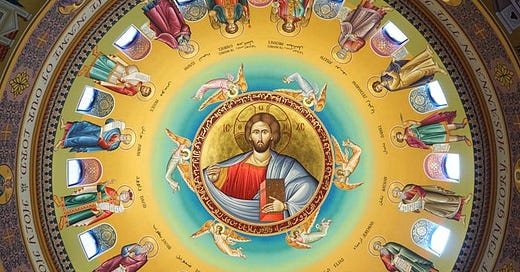


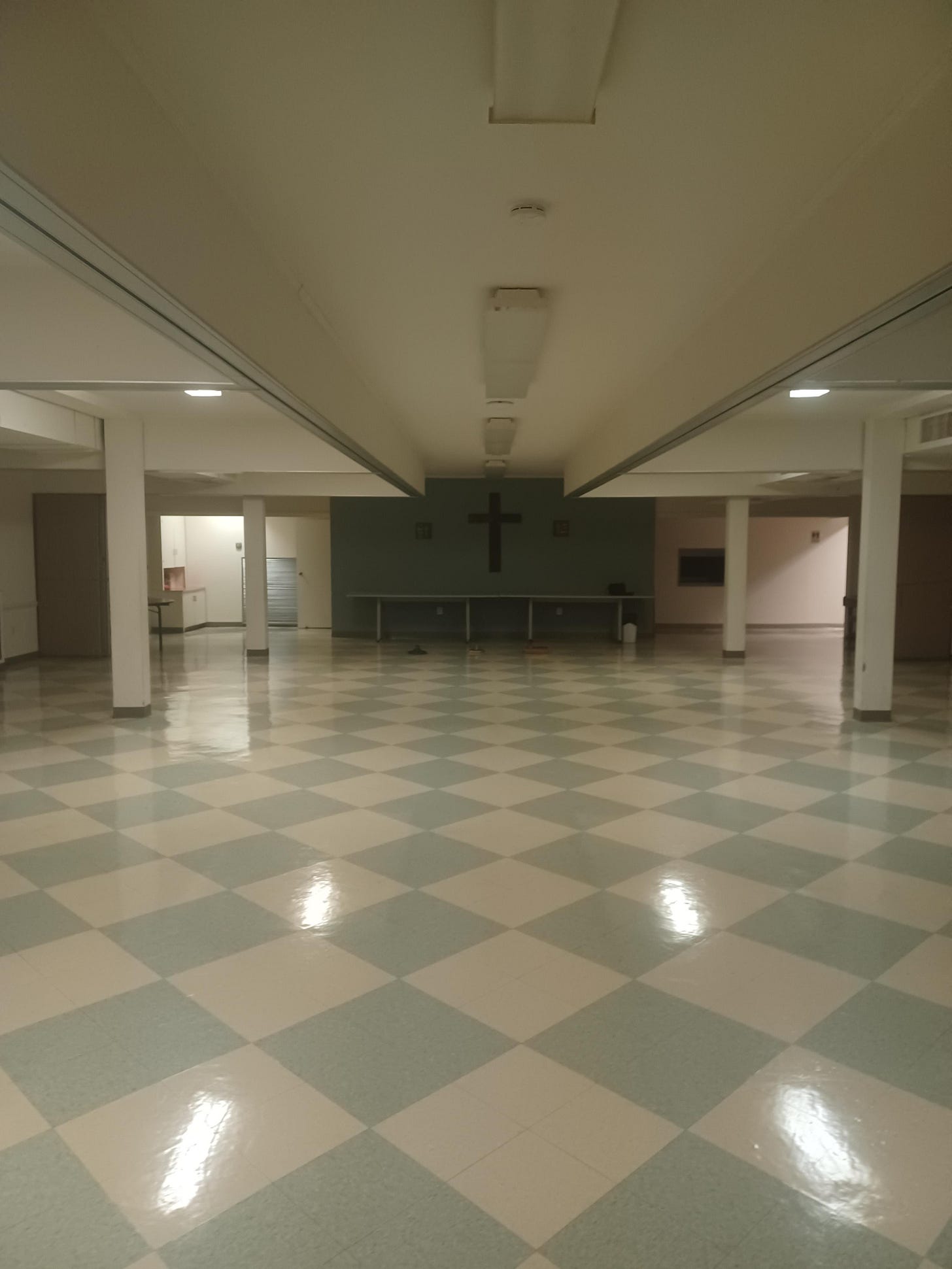
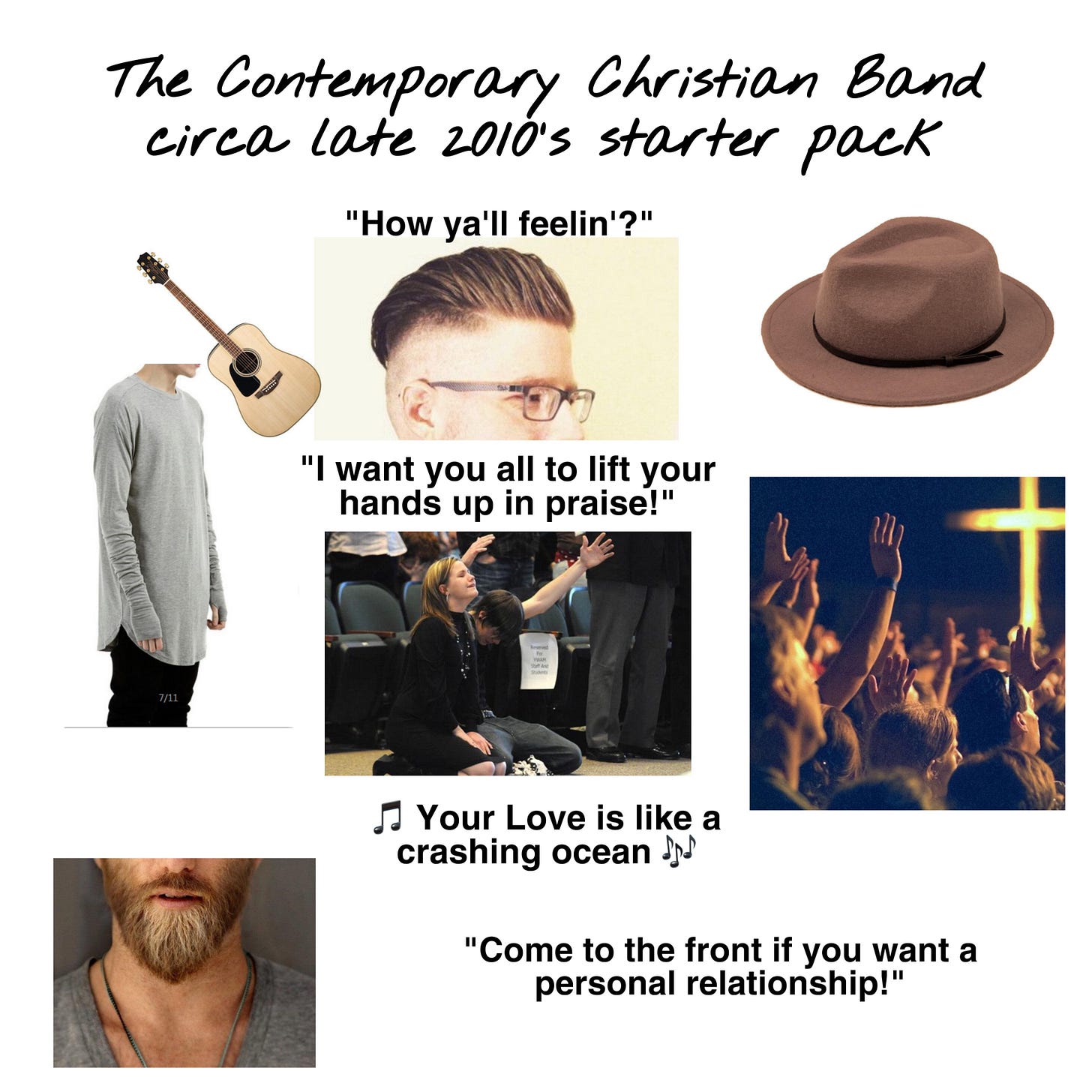

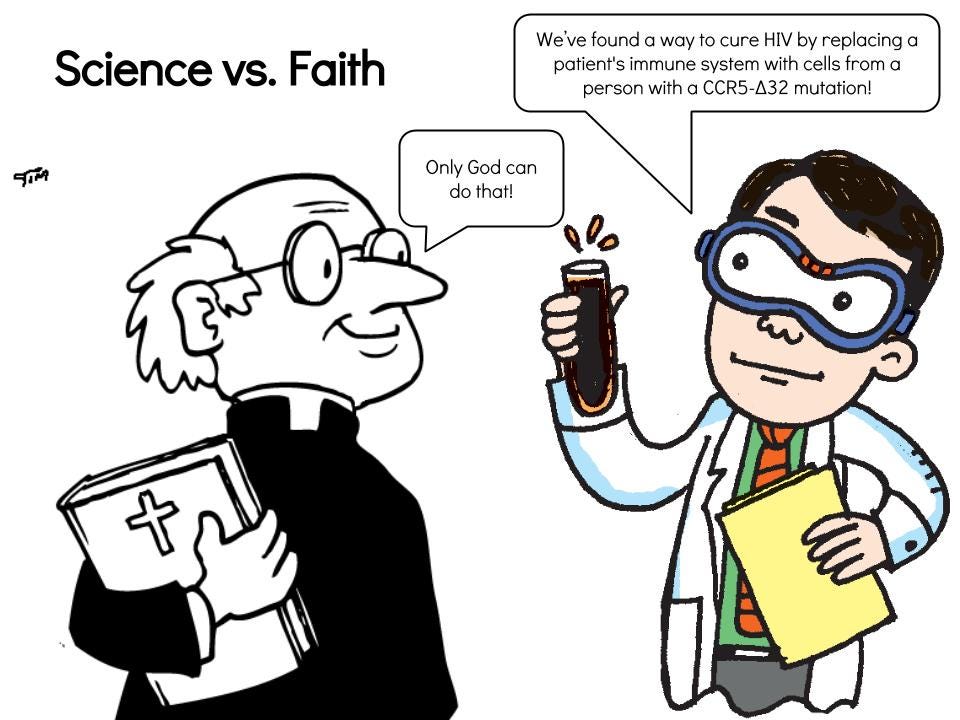

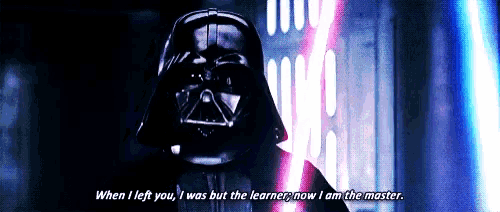

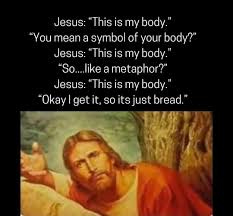

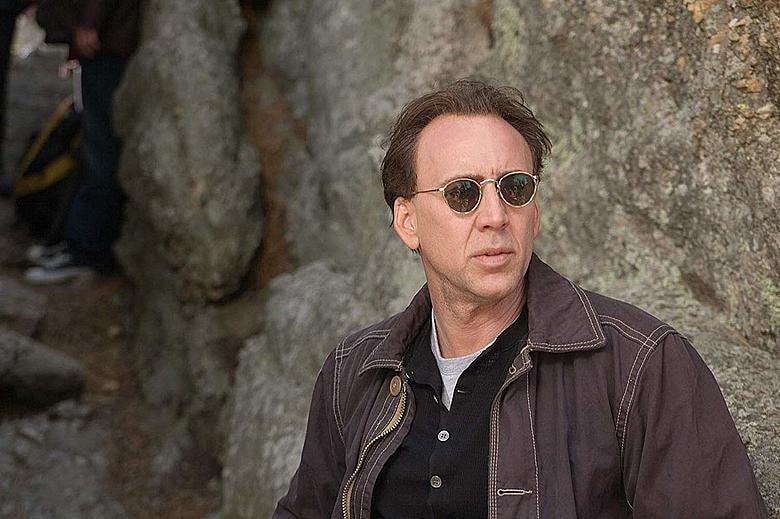


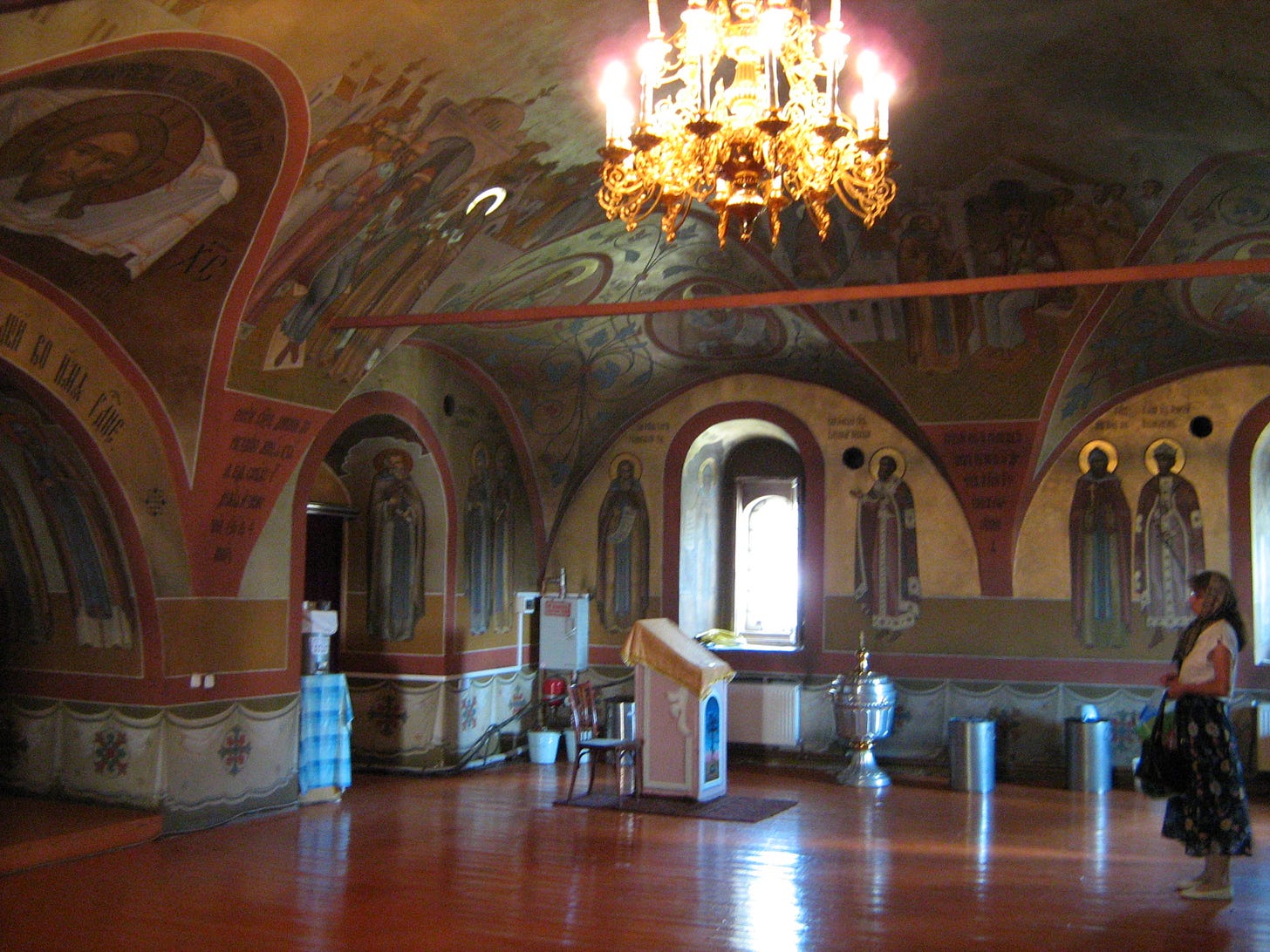
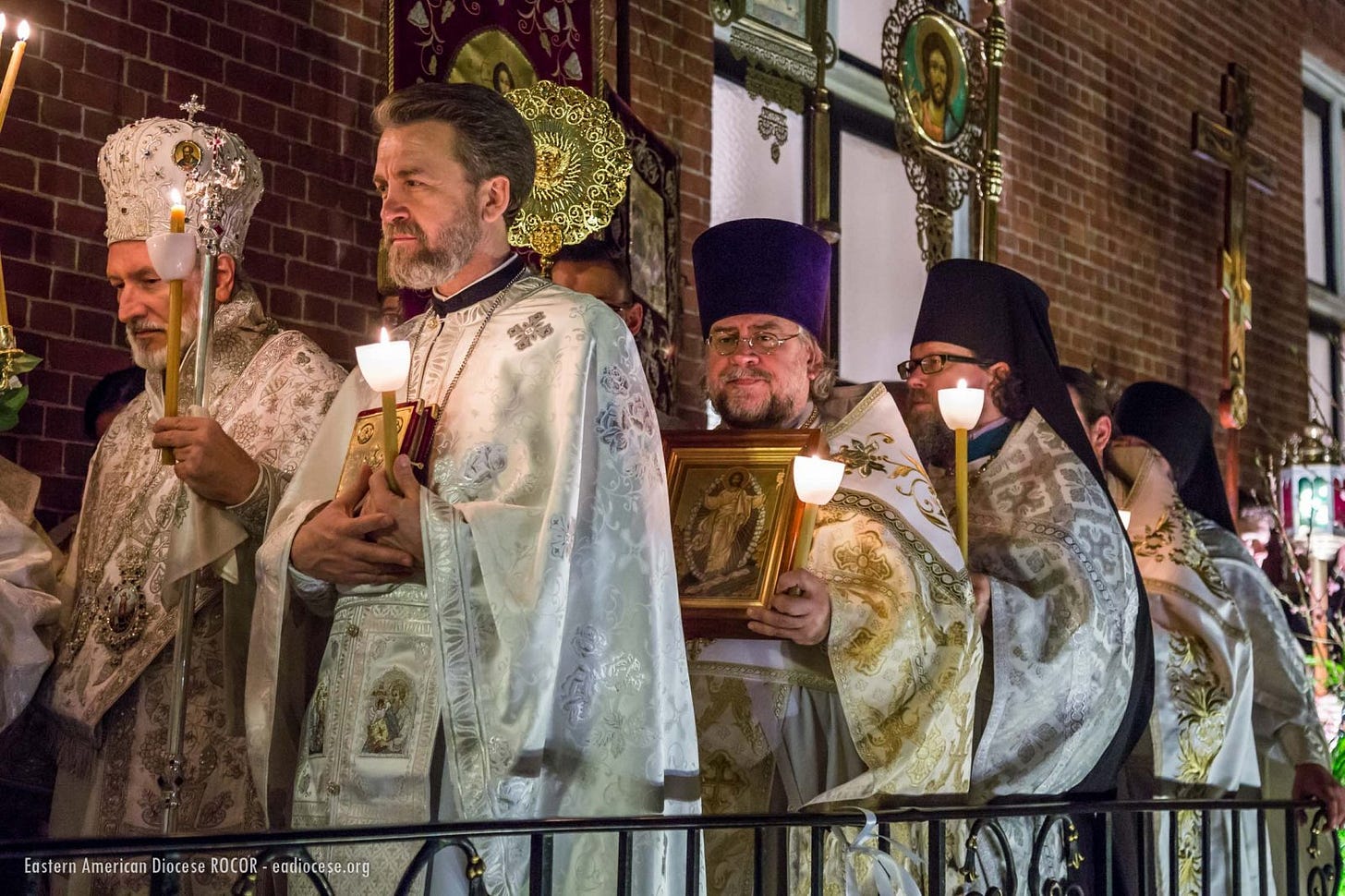

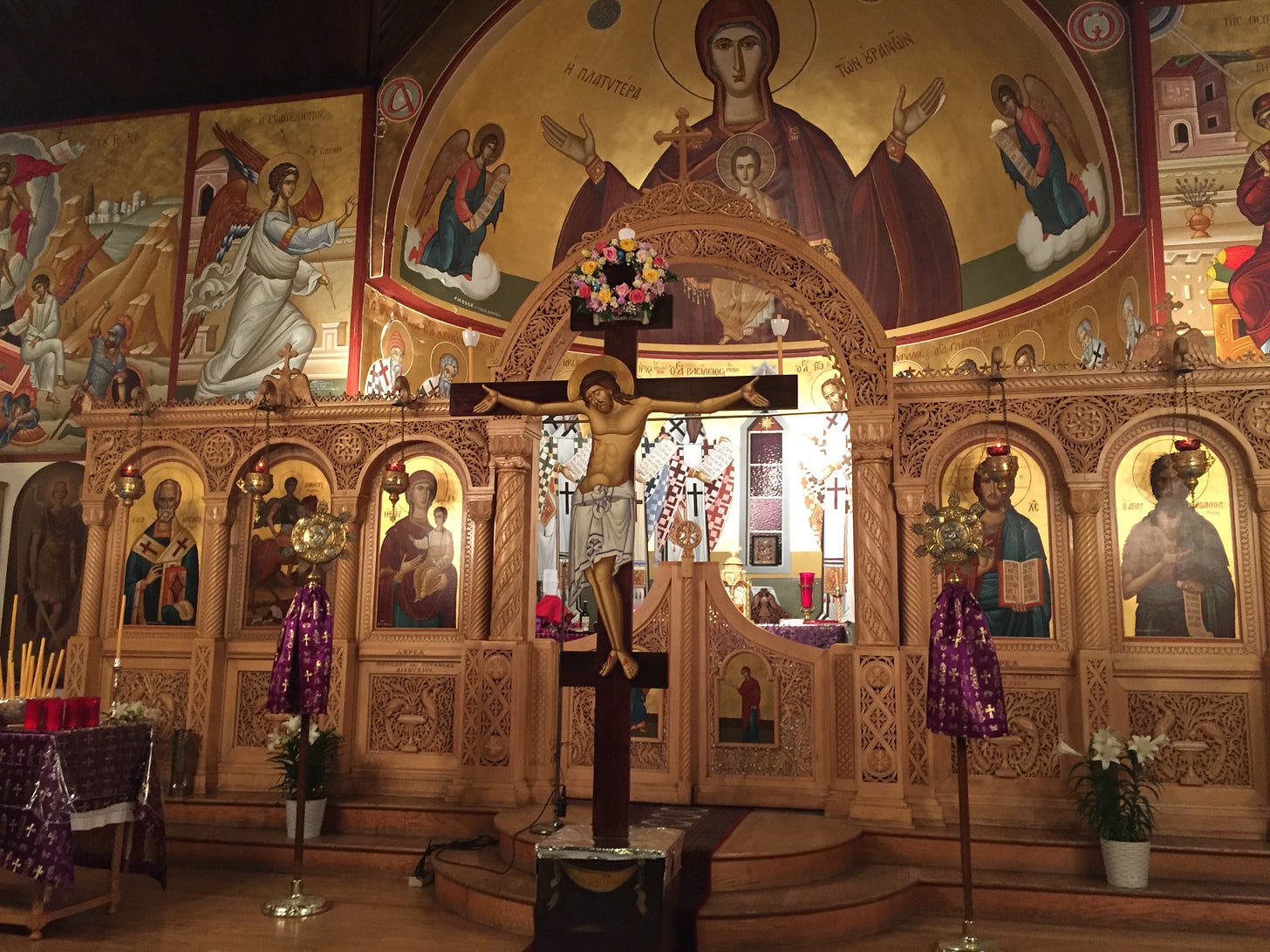

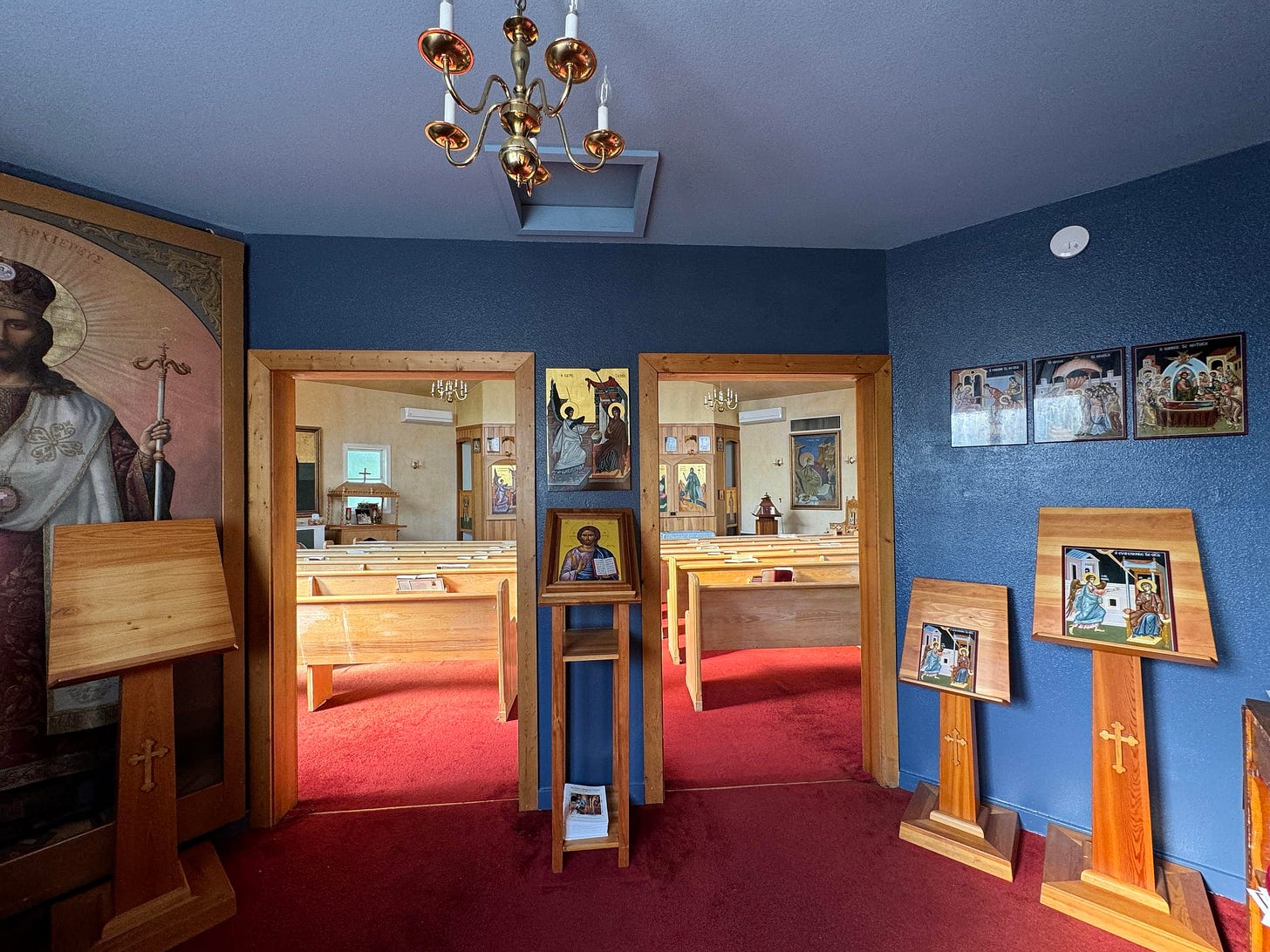
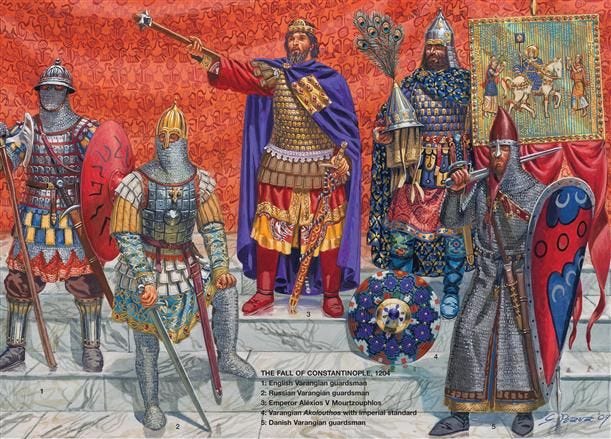
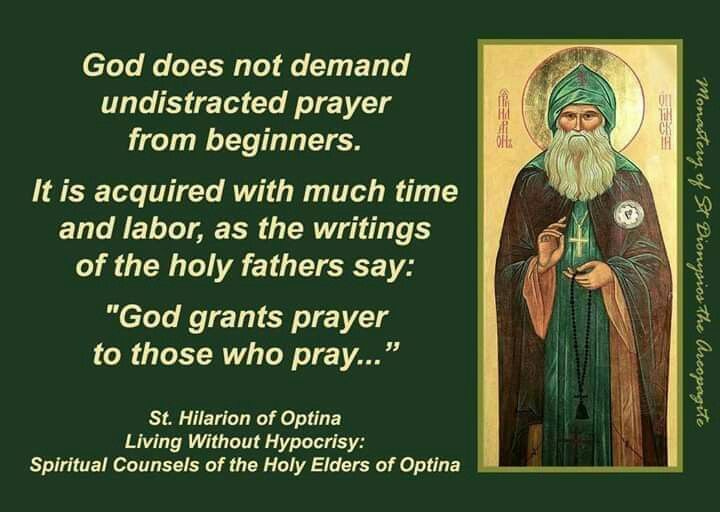
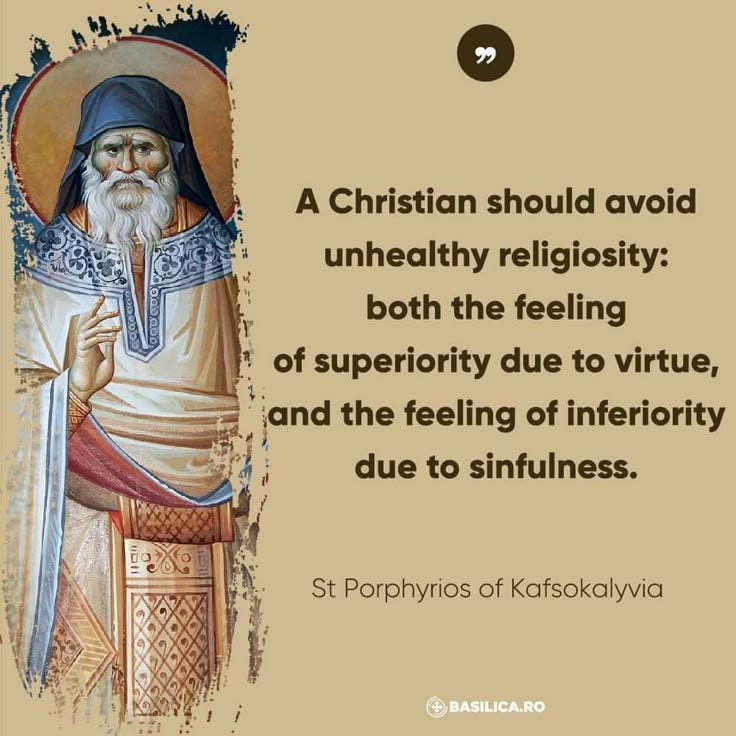
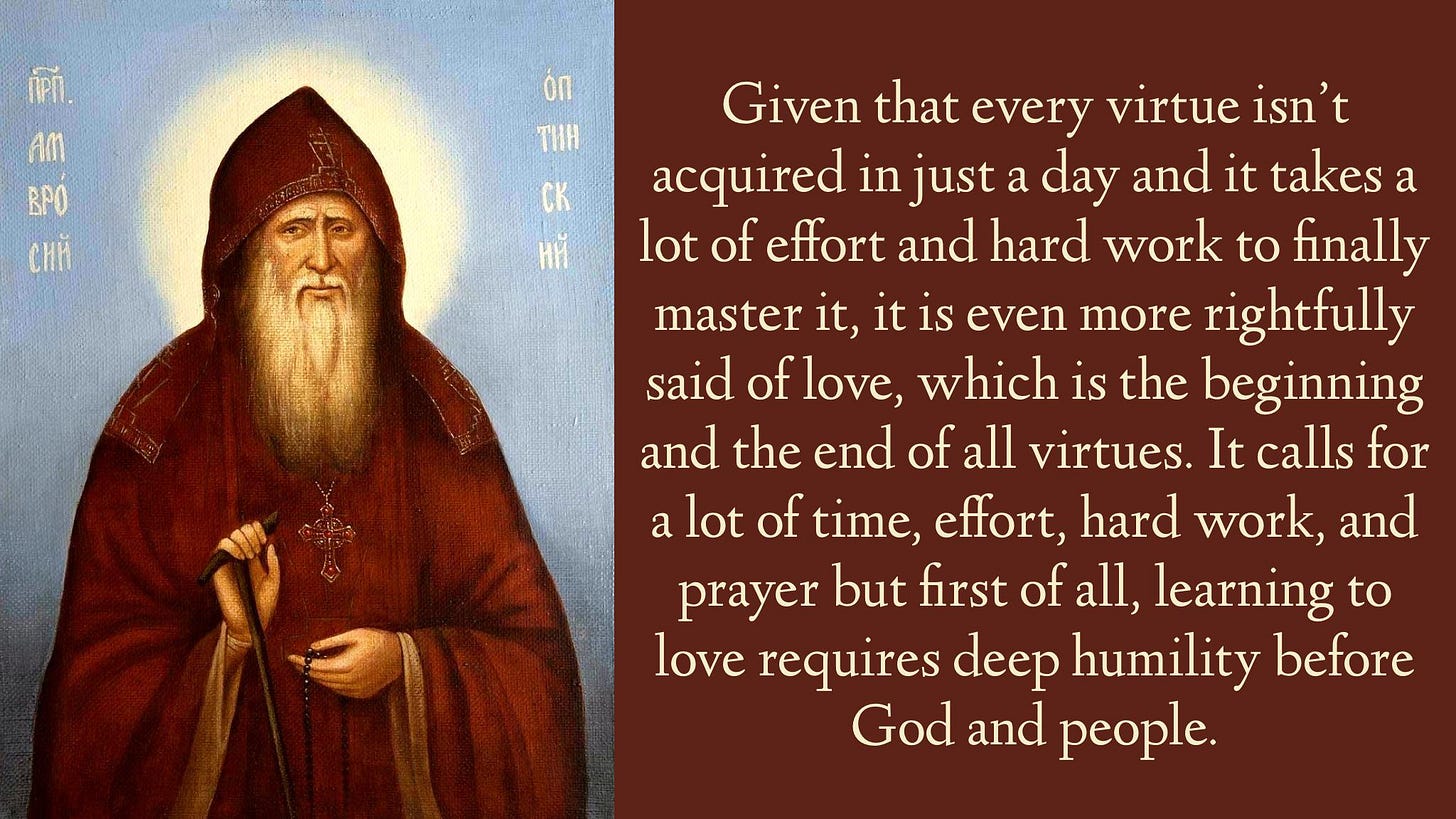
This was very interesting. I’m Catholic, but for most of my life I was very lukewarm and only recently started to take it serious and start reading the Bible. I read through half of the gospels and most of Genesis so far. I’m kind of reading the parts that interest me. I tried to do a full read through, but gave up. I think I’m going to read Paul’s letters next. As for racial belief. I’m Pro-White but I don’t hate anyone, though I do think the JQ should be looked into and not ignored.
Anyways, God Bless 🙏🏻 and Peace ✌🏻
>Lightning round
>38 minutes long
Uhh... This is what you call a lightning round? (nervous soyjak face)
>For many Americans, I imagine viewing the Orthodox Church as a “middle ground” theologically between Prots and Catholics is very helpful.
I agree with this and don't know why some people view Orthodoxy as "more Catholic Catholicism". It is more devolved, less focused on philosophy, less marian, less dogmatic. That is why the reformation failed in the East. But many will say it was because God was punishing the schismatic Catholics...
What do you think of the argument that Catholicism, Orthodoxy, and Lutheranism are all representative of the pre-Christian religions of their core areas? It goes something like...
Lutheran: Germanic Paganism -- no official sacerdotal class, more centered around individual interpretation of runes by the earls
Catholic: Roman Paganism -- convoluted and state-integrated priestly elite mostly focused on proper conduct of ritual, "magical", endless doctrinal dialogues between priests
Orthodox: Greek Paganism -- centered around esoteric mystery cults, highly mystical, mostly devolved with no hierarchy but with some priestly organization
I've written an article speculating the Lutheran case, but only because there is actual statistical evidence for it (pretty weakly, though -- proximity to sacred groves correlates with chances that a town went Prot during the reformation). I would like to hear your thoughts on the Orthodox case. There were, after all, still Greek Pagans in the countryside as late as the 800s. I don't really buy it, but I'm not an expert on Orthodogzy